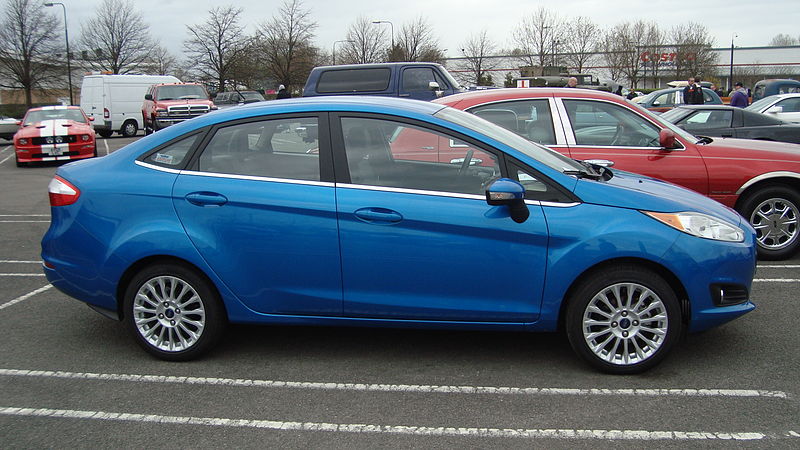
Car and van scams have seen a significant surge, increasing by 74% in the first six months of 2023, resulting in victims losing an average of £998 to these fraudulent
activities, according to recent research conducted by Lloyds Bank.
Among the vehicles targeted, the Ford Fiesta stands out as the most commonly exploited model through fake online advertisements. Scammers have also heavily featured BMWs and Audis in their deceptive ads, with motorbikes and classic cars making regular appearances as well.
The study also highlighted fake ads for vehicle parts and accessories, such as alloy wheels, as commonly used tactics in online vehicle scams.
Interestingly, vehicles and accessories have now become the most prevalent type of online shopping scams reported by fraud victims in the UK. Lloyds Bank noted that vans are also frequently targeted, as people search for budget-friendly options to convert into campervans.
A previous investigation in January 2023 had already warned about the Volkswagen Transporter van being a favorite choice for fraudsters in vehicle scams.
These findings were based on an analysis of scams reported by Lloyds Banking Group customers between January and June 2023, compared to the same period in 2022, revealing a substantial increase in fraudulent activity.
The study also pointed out that individuals aged between 25 and 34 are the most likely to fall victim to scam vehicle advertisements.
How the Scam Works: Vehicle scams involve fraudsters creating fictitious posts on social media or online marketplaces to advertise vehicles that do not exist. They often use images of genuine cars or vans to deceive unsuspecting buyers into thinking they are legitimate.
When potential buyers show interest, they may be asked to provide a deposit to "reserve" the vehicle or even to pay the full amount. Excuses may be given to explain why the vehicle cannot be viewed in person before payment.
Fraudsters typically employ high-pressure sales tactics, claiming that the vehicle is in high demand, multiple offers are pending, or payment must be made by a specific deadline.
Victims may be tricked into making payments via bank transfers. Once the payment is received, the scammer disappears, and the buyer's contact is blocked.
In some cases, a fake address is provided for the buyer to collect the vehicle, resulting in a wasted trip and financial loss.
Most Commonly Targeted Vehicles for Scams This Year:
-Ford Fiesta;
-BMW 1 Series;
-Volkswagen Transporter (van);
-Mercedes Sprinter (van);
-Audi A3.
The Ford Fiesta, a popular and cost-effective car, is not only one of the nation's most beloved vehicles but also the primary target for scammers seeking to deceive unsuspecting buyers. This trend aligns with figures released by the Society of Motor Manufacturers and Traders, indicating that the Ford Fiesta was the UK's top-selling used car from April to June.
Additionally, premium brands like BMW and Audi are frequently featured in fraudulent advertisements.
Liz Ziegler, the fraud prevention director at Lloyds Bank, advised consumers to purchase vehicles directly from approved dealers to ensure they are acquiring legitimate vehicles. She also emphasized the use of debit or credit cards for maximum safety in transactions. Photo by Kieran White from Manchester, England, Wikimedia commons.



































